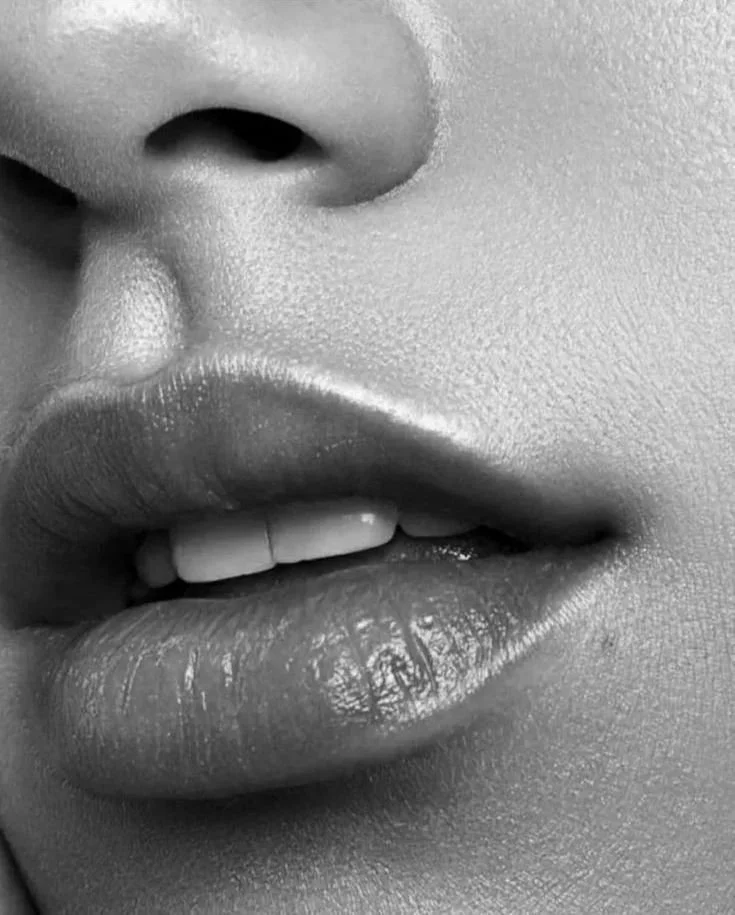You are a new mom and you are adapting to motherhood’s challenges. If you are someone who has always followed a healthy lifestyle, the inability to exercise after childbirth is one of them. You may be itching to get back into your fitness routine as soon as possible. Before you do, being aware of additional health factors is now important for both you and your child.
To stay on top of this, observing any apparent signs so they can be dealt with quickly will help you avoid any sudden emergencies. Additionally, you can know if you must seek extra help and support where needed as soon as possible.
Common Health Concerns for baby
A common concern for newborns is jaundice, feeding, respiratory, and skin issues such as cradle cap. These might require the intervention of a medical professional, who you should also seek advice from if there are any feeding issues or consistently irregular sleep patterns.
You should also pay close attention to important developmental milestones and seek help if you’re worried about your baby’s physical or cognitive development. If the birth was traumatic, and complications ensued due to medical professionals not fulfilling their obligations, consult an advisor who specializes in birth injury cases. If your baby does have development issues, you’ll need extra support, which the right financial settlement can help to provide, so getting expert advice is essential.
Additional health concerns to be aware of
Your body has been through quite an ordeal, so here are additional factors to consider as part of your ongoing health regimen:
You may find that you still have difficulty holding in urine or feces after childbirth. While this isn’t a universal issue, it’s still very common and nothing to be worried or ashamed about.
Even if you were very sexually active before and even during your pregnancy; after your baby is born, you might suffer from decreased libido or discomfort during sex. Again, this is quite common.
Excessive bleeding after childbirth can be dangerous. If this is occurring, you seek immediate medical attention.
You’ll also be at higher risk of getting blood clots after childbirth. Seek immediate medical help if you start experiencing pain or swelling in your legs, sudden chest pain, or difficulty breathing.
As well as feeding issues, you may have problems with your breasts, which could contribute to the feeding issues and be painful and inconvenient for you; this can include engorgement or other infections.
The experience of childbirth can lead to a feeling of sadness and being overwhelmed by the new situation. Combined with mood swings and fatigue, this can contribute to post-natal depression, and seeking advice from a healthcare professional or others in a similar situation can be extremely beneficial for your mental health.
Takeaways
Regardless of how healthy you may have been before pregnancy and labor, being extra vigilant about your and your child’s health post-childbirth will allow you to overcome any challenges if they arise. There are many additional factors to look out for, so being aware of them will set you at ease knowing that you are prepared for what comes next. Before you know it, you will be back to your healthy routines while enjoying your new addition.




